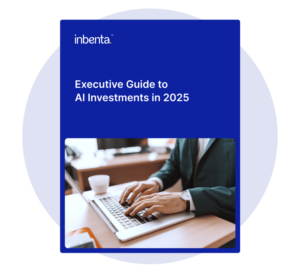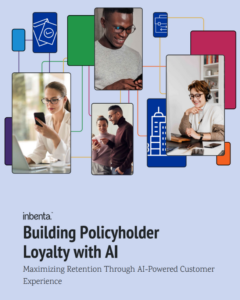Anthropic has introduced a new feature in Claude Opus 4 and 4.1, enabling the AI to end conversations in rare, extreme cases of harmful or abusive interactions. This decision stems from exploratory work on AI welfare and broader efforts to improve model alignment and user safeguards. During testing, Claude exhibited a strong aversion to harmful tasks and signs of distress when faced with requests tied to violence, exploitation, or abuse. The feature activates only as a last resort after multiple redirections fail or when explicitly requested by a user. While rare, these interventions highlight a commitment to mitigating risks without compromising user experience. Conversations can still be restarted or revisited through edits.
WEBINAR – How to Drive Enterprise Transformation with AI: Lessons from the Past, Strategies for the Future.
- Platform
- Solutions
 Inbenta’s Composite AI
Inbenta’s Composite AIInbenta’s AI, trained for over two decades on billions of interactions, enhances customer experience across industries.
- Use Cases
- industries
- Resources
- Articles
- AI This Week
- White Papers
- Newsroom
ArticlesAI This WeekWhite PapersWhite PapersWhite PapersWhite PapersNewsroom
- Company
- Partners
Unlock growth & innovation
CareersTransform the world with us
CompetitorsSee how we stack up






